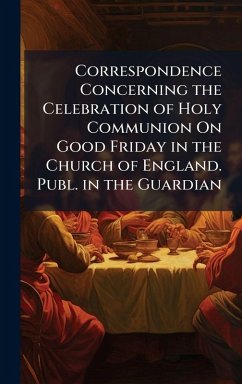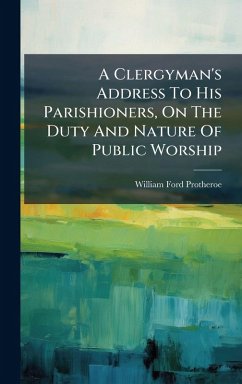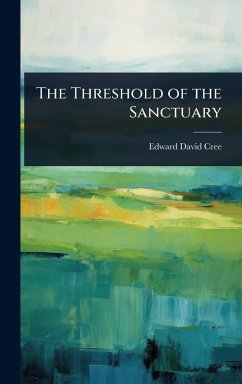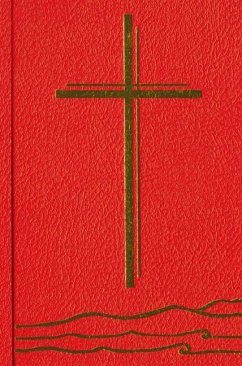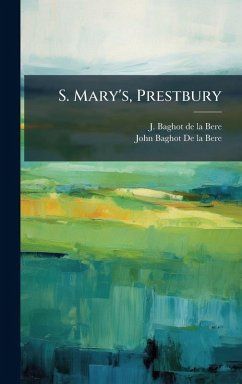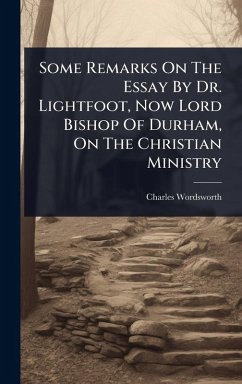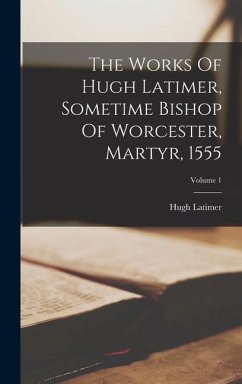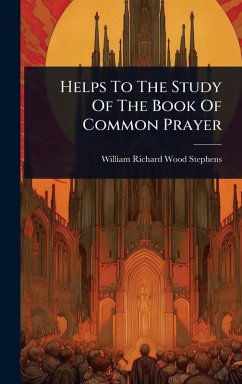
Examination Before Admission to a Benefice by the Bishop of Exeter, Followed by Refusal to Institute, (Correspondence and Examination) Ed. by the Clerk Examined, G.C. Gorham
Versandkostenfrei!
Versandfertig in über 4 Wochen
31,99 €
inkl. MwSt.

PAYBACK Punkte
16 °P sammeln!
This volume presents a detailed account of the examination of a clerk, G.C. Gorham, by the Bishop of Exeter prior to his admission to a benefice. The book includes the complete correspondence between Gorham and the Bishop, along with a transcript of the examination itself, offering a rare glimpse into the ecclesiastical procedures and theological scrutiny of the 19th century. The narrative highlights the tensions and controversies surrounding doctrinal interpretations within the Anglican Church. The Bishop's refusal to institute Gorham sparked significant debate and legal challenges. This edit...
This volume presents a detailed account of the examination of a clerk, G.C. Gorham, by the Bishop of Exeter prior to his admission to a benefice. The book includes the complete correspondence between Gorham and the Bishop, along with a transcript of the examination itself, offering a rare glimpse into the ecclesiastical procedures and theological scrutiny of the 19th century. The narrative highlights the tensions and controversies surrounding doctrinal interpretations within the Anglican Church. The Bishop's refusal to institute Gorham sparked significant debate and legal challenges. This edition, edited by Gorham himself, provides a firsthand perspective on the events and arguments at the heart of this historical dispute. "Examination Before Admission to a Benefice..." serves as a valuable resource for historians, theologians, and anyone interested in the complexities of Church of England history and canon law. This work has been selected by scholars as being culturally important, and is part of the knowledge base of civilization as we know it. This work was reproduced from the original artifact, and remains as true to the original work as possible. Therefore, you will see the original copyright references, library stamps (as most of these works have been housed in our most important libraries around the world), and other notations in the work. This work is in the public domain in the United States of America, and possibly other nations. Within the United States, you may freely copy and distribute this work, as no entity (individual or corporate) has a copyright on the body of the work. As a reproduction of a historical artifact, this work may contain missing or blurred pages, poor pictures, errant marks, etc. Scholars believe, and we concur, that this work is important enough to be preserved, reproduced, and made generally available to the public. We appreciate your support of the preservation process, and thank you for being an important part of keeping this knowledge alive and relevant.



